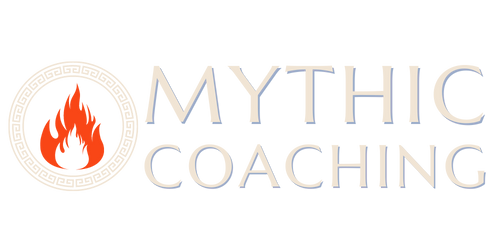I once read that Marston wrote every single Wonder Woman story during his lifetime, including four stories in each issue of Wonder Woman, single episodes Sensation Comics and Comic Cavalcade, and the syndicated newspaper strip, plus a few odds and ends.
That makes a whopping 211 tales in just six years–an astounding accomplishment, especially when you consider that nearly all superhero comics at the time were written by a staff of writers, not an individual. As amazing as that is, it’s also not entirely accurate.
That isn’t to say Marston was hogging the credit or hiding the truth. He did write the vast majority of those stories. Crediting individual comic book writers is a relatively recent development that began in the 1960s. Before that, comic credited only their creators at the beginning of each issue. Marston controlled production and maintained final approval of his stories (provided they passed the censors), but he also had help.
In 1944, he hired 19-year-old Gibbs College graduate Joye Hummel as his assistant. She had been an excellent student, and Marston believed that she would understand his psychological theories while also helping him keep up with modern slang.
Hummel received two books to guide her work — from Marston, a copy of his psychological treatise, Emotions of Normal People, and from Olive Byrne, Margaret Sanger’s feminist manifesto Woman and the New Race. These writings would be the pillars atop which she would construct new Wonder Woman stories.
Hummel started as a typist, then began writing scripts of her own, sometimes submitting ideas and outlines to Marston, which he expanded. Her first published script, “The Winged Maidens of Venus,” appeared in Wonder Woman #12 (Spring 1945).
Following Marston’s polio diagnosis in 1945, Hummel took over more of the writing chores as his health declined. She worked well with the whole Wonder Woman team, and once described her collaborative relationship with Marston and artist H. G. Peter as “telepathic.”
Shelden Mayer also liked her, probably relieved by her more innocent scripts, and the notable absence of so much bondage and burlesque. He approved them more quickly than her boss’s.
After Marston died in 1947, Hummel left the book. She married a man named David W. Murchison, who had a daughter, and she wanted to be a good mother to the child. I find it poetic that the most famous female superhero comic gave comics its first female superhero writer.
